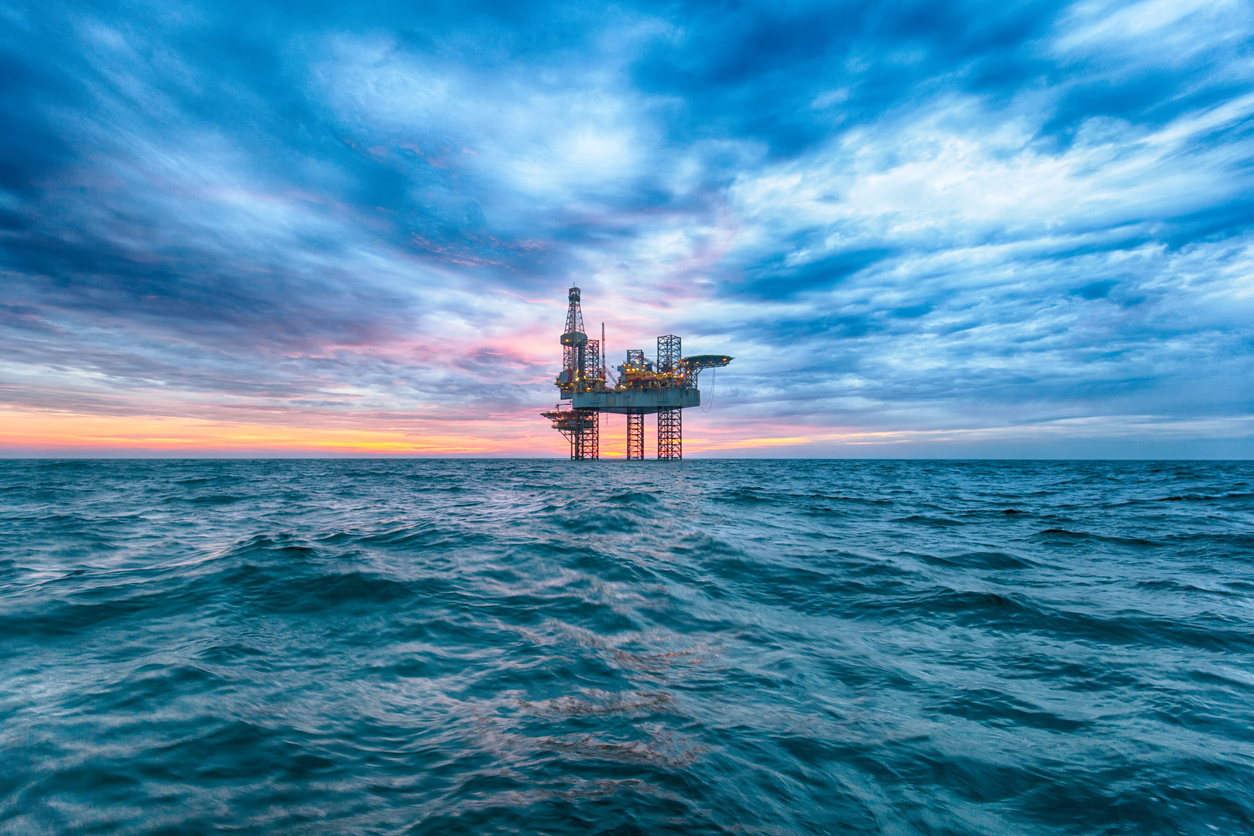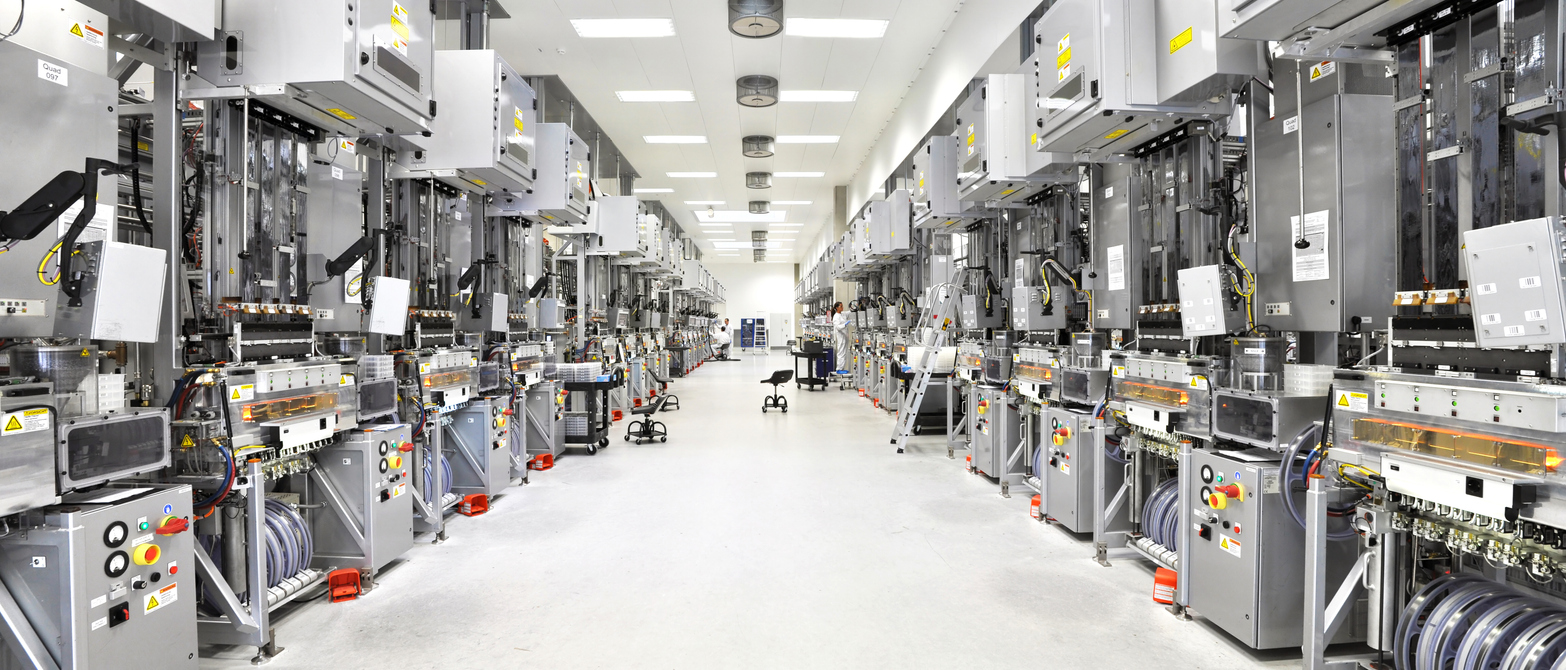Exploring Sea Platforms in Nigeria: Key Roles, Opportunities, and Industry Insights
Sea platforms, also known as offshore platforms, play a crucial role in Nigeria’s oil and gas industry. As one of Africa’s leading producers of crude oil and natural gas, Nigeria relies heavily on these structures for exploration, drilling, and production in offshore oilfields. This article delves into the significance of sea platforms in Nigeria, the opportunities they offer, and the challenges faced by stakeholders.
What Are Sea Platforms and Their Role in Nigeria?
Sea platforms are large, engineered structures situated offshore to facilitate activities such as:
- Oil and Gas Exploration: Identifying hydrocarbon reservoirs beneath the seabed.
- Drilling and Extraction: Extracting crude oil and natural gas from subsea wells.
- Storage and Processing: Some platforms also process and temporarily store extracted resources before they are transported.
Given Nigeria’s reliance on offshore oil fields, particularly in the Niger Delta and the deep waters of the Gulf of Guinea, these platforms are indispensable to the country’s energy sector.
Types of Sea Platforms Commonly Used in Nigeria
- Fixed Platforms: Anchored to the seabed, these platforms are used in shallow to moderate depths and support long-term production activities.
- Floating Platforms (FPSOs): Floating Production Storage and Offloading units (FPSOs) are common in deep-water operations, allowing for both production and storage of hydrocarbons.
- Semi-Submersibles and Drillships: These mobile platforms are crucial for exploratory drilling in deep and ultra-deep waters.
- Jack-Up Rigs: Used in shallow waters, these rigs are supported by extendable legs that rest on the seabed.
Significance of Sea Platforms in Nigeria’s Oil and Gas Industry
Deepwater Exploration and Production
Nigeria’s offshore oil reserves, particularly in deep and ultra-deep waters, have become increasingly important as onshore reserves mature. Sea platforms enable access to these otherwise unreachable resources.
Economic Impact
The offshore sector accounts for a substantial portion of Nigeria’s oil production and revenue. Platforms facilitate operations that contribute to foreign exchange earnings and local employment.
Support for Gas Utilization Projects
With Nigeria’s focus on gas monetization and reducing gas flaring, offshore platforms are central to processing and transporting natural gas for export as Liquefied Natural Gas (LNG).
Opportunities in Nigeria’s Offshore Platform Sector
- Development of Marginal Fields: Local operators are gaining access to marginal oil fields, increasing the need for small-scale, cost-effective offshore platforms.
- Rising Investments in Deepwater Projects: International oil companies (IOCs) are investing in deepwater projects, leading to a growing demand for sophisticated sea platforms.
- Local Content Development: Nigeria’s Local Content Act promotes partnerships with local companies, opening opportunities for businesses providing platform-related services.
Challenges Facing Offshore Platform Operations
- High Operational Costs: Constructing and maintaining offshore platforms is capital-intensive.
- Environmental Risks: Oil spills and other environmental hazards pose challenges to sustainable operations.
- Security Concerns: Piracy and sabotage in the Gulf of Guinea remain significant threats.
- Regulatory Complexity: Navigating Nigeria’s regulatory framework requires expertise and compliance.
How Wigmore Trading Supports Sea Platform Logistics
At Wigmore Trading, we provide tailored logistics and support services for businesses operating in Nigeria’s offshore oil and gas sector. Our expertise includes:
- Freight Forwarding for Equipment: Seamless transportation of platform materials and equipment.
- Customs Clearance Expertise: Efficient handling of regulatory requirements for offshore operations.
- Supply Chain Management: Comprehensive solutions to streamline platform construction and maintenance logistics.
By partnering with Wigmore Trading, you gain a reliable ally for overcoming the logistical challenges of offshore operations in Nigeria.
Future Trends in Nigeria’s Offshore Platform Industry
- Adoption of Renewable Technologies: Hybrid platforms incorporating renewable energy sources such as wind or solar are gaining traction.
- Technological Advancements: Automation and advanced monitoring systems are transforming platform efficiency.
- Increased Focus on Safety and Sustainability: Enhanced safety measures and environmentally friendly practices are becoming industry standards.
Conclusion
Sea platforms are the backbone of Nigeria’s offshore oil and gas industry, enabling the country to maximize its natural resource potential. Despite challenges, the sector presents vast opportunities for innovation, investment, and growth.
Wigmore Trading is here to support your offshore ventures with comprehensive logistics solutions, ensuring your operations run smoothly and efficiently. Contact us today to explore how we can assist in meeting your offshore platform needs.








Comments are closed.